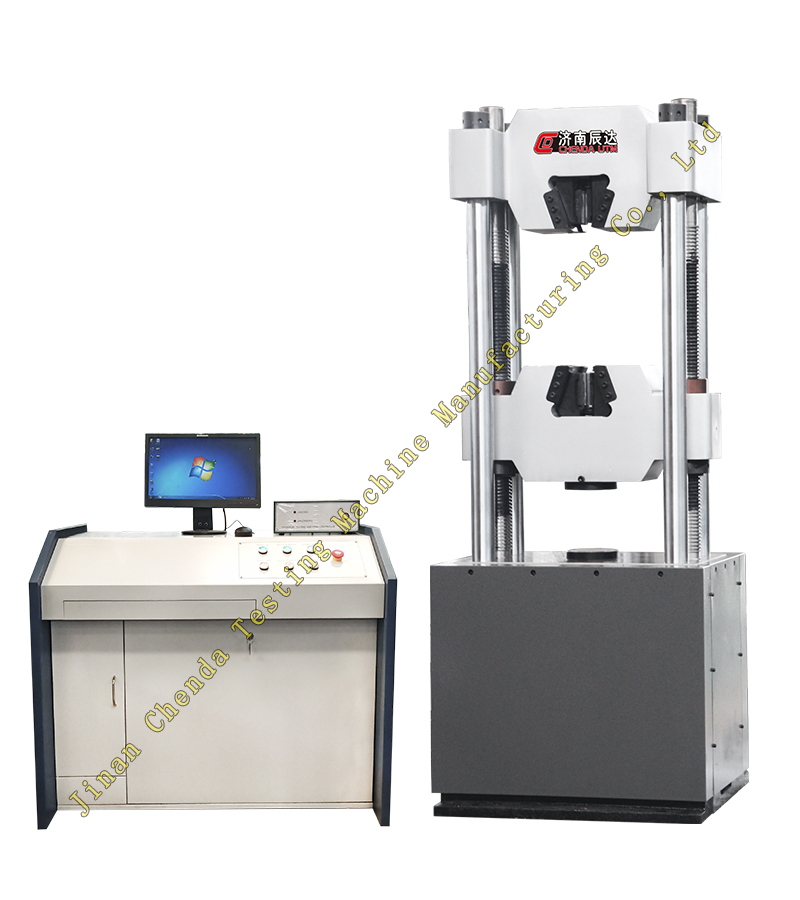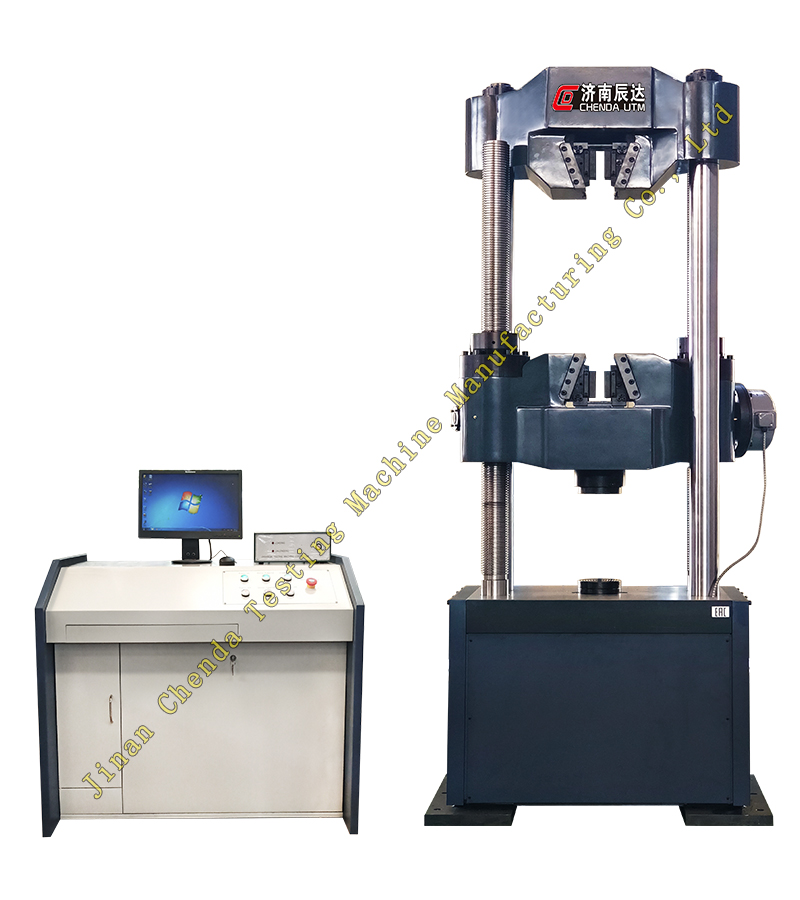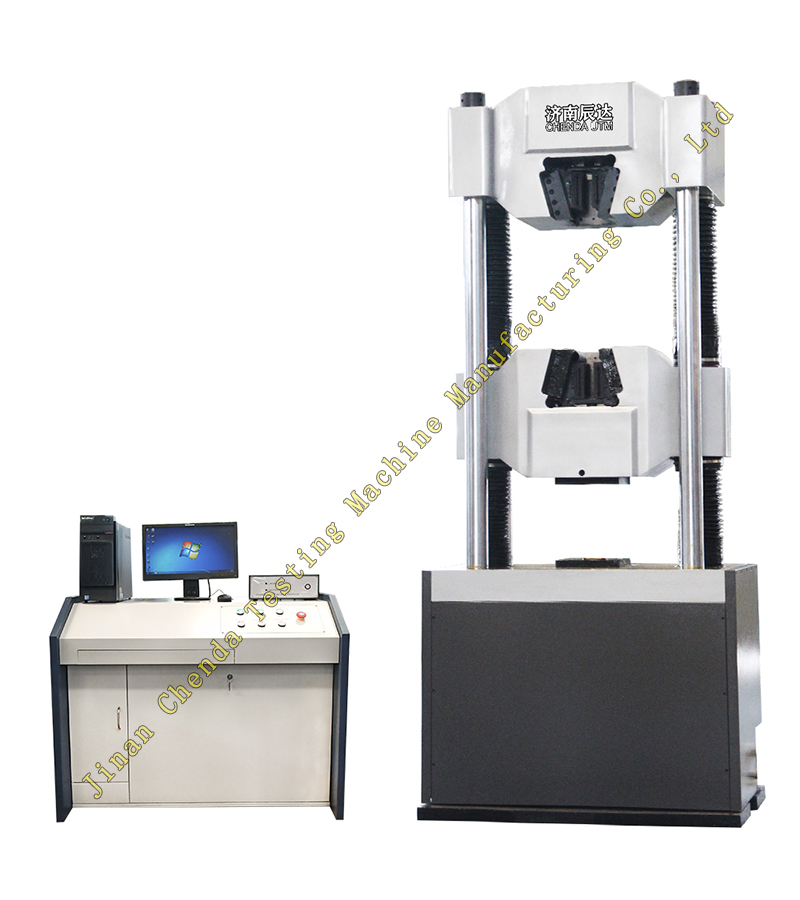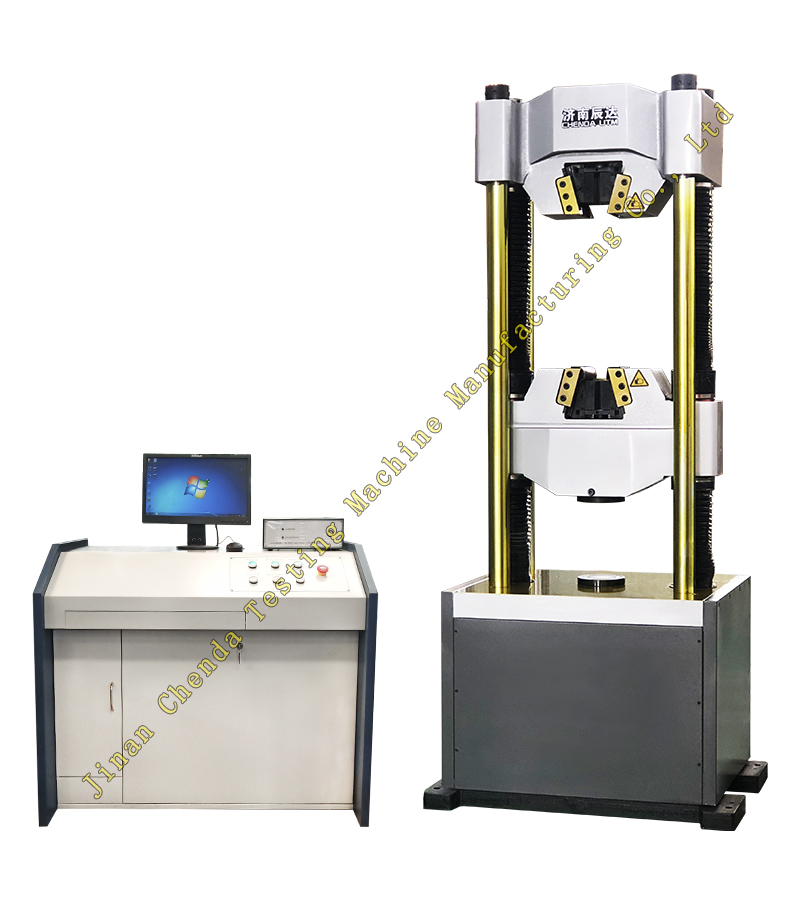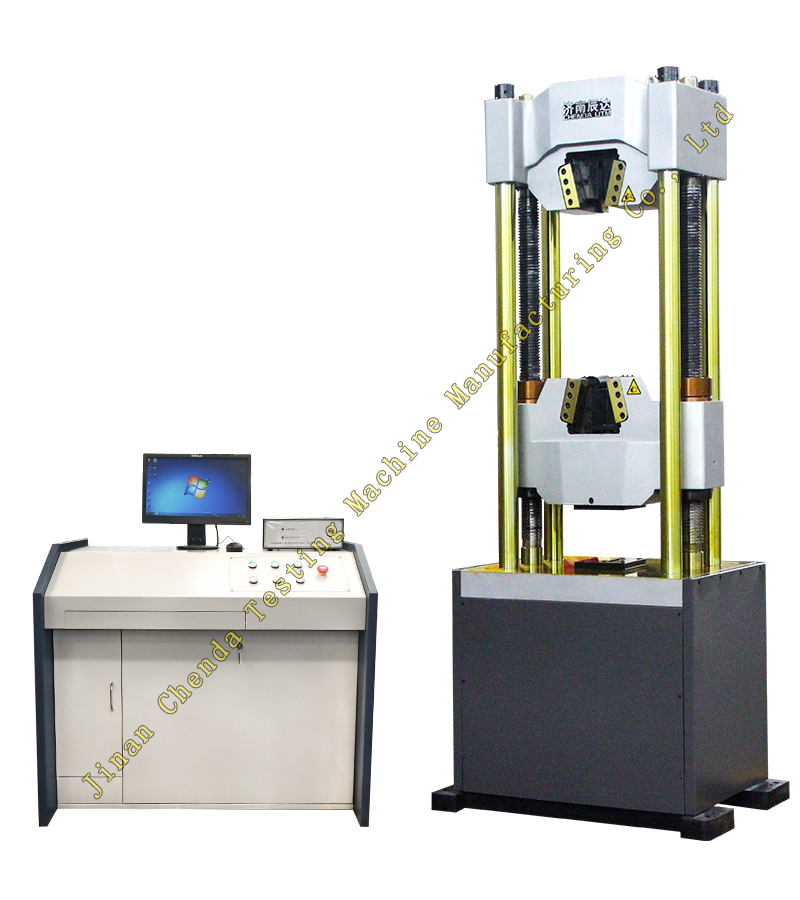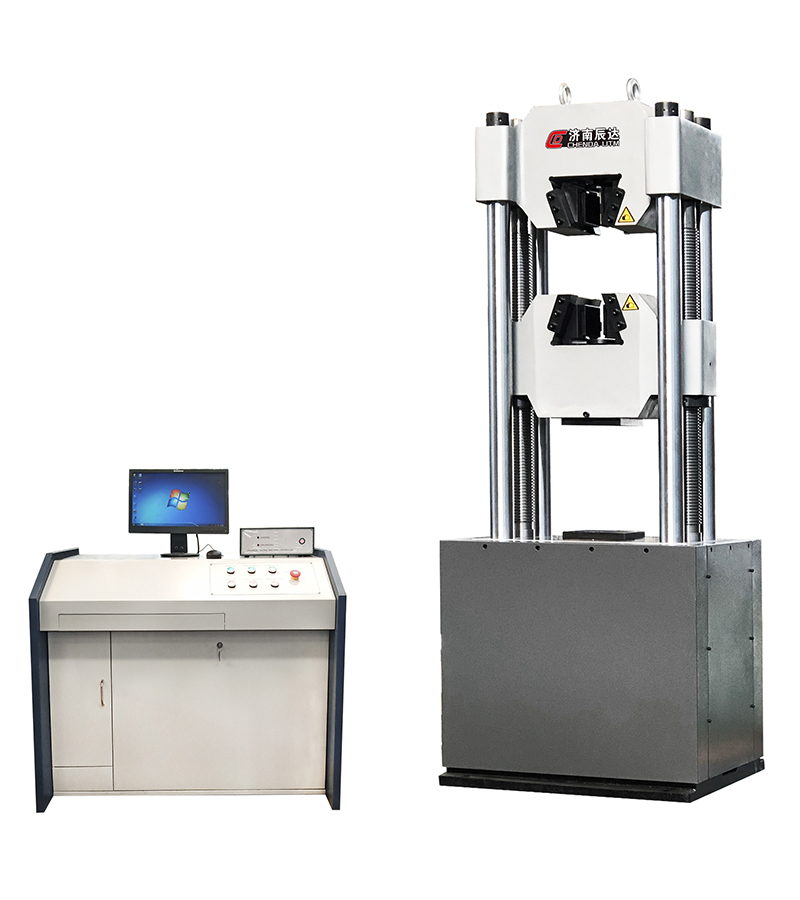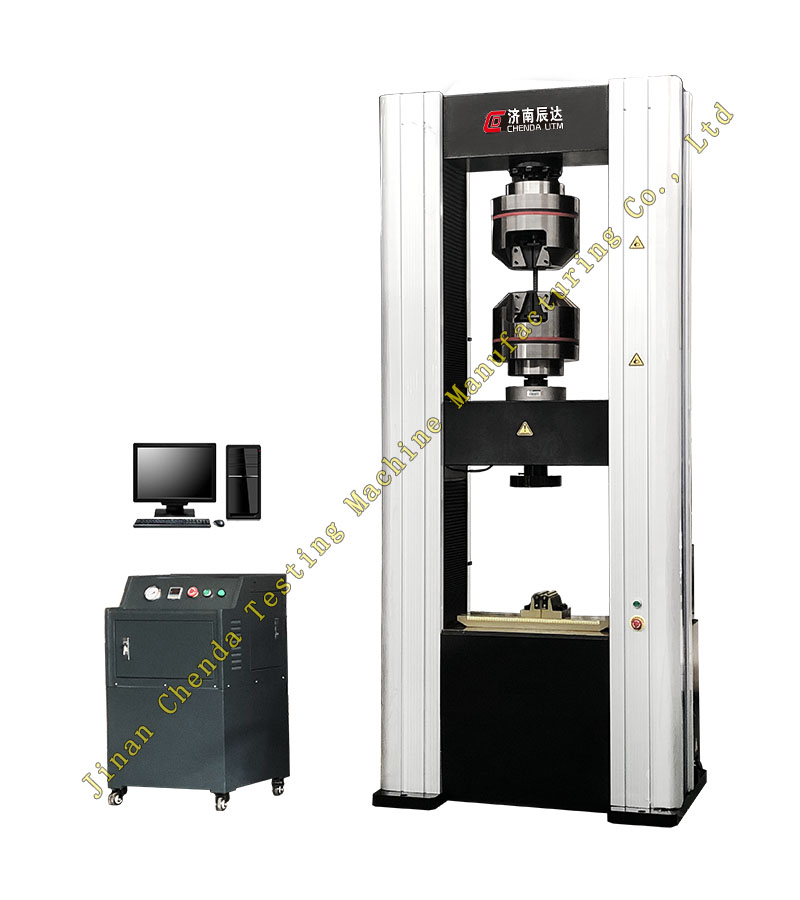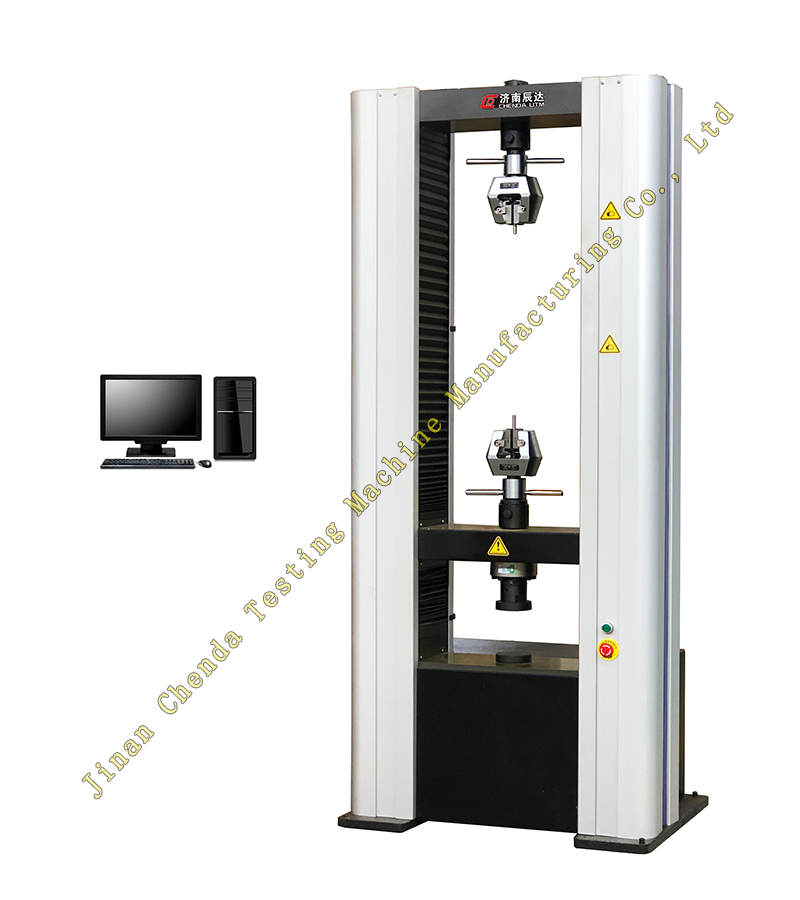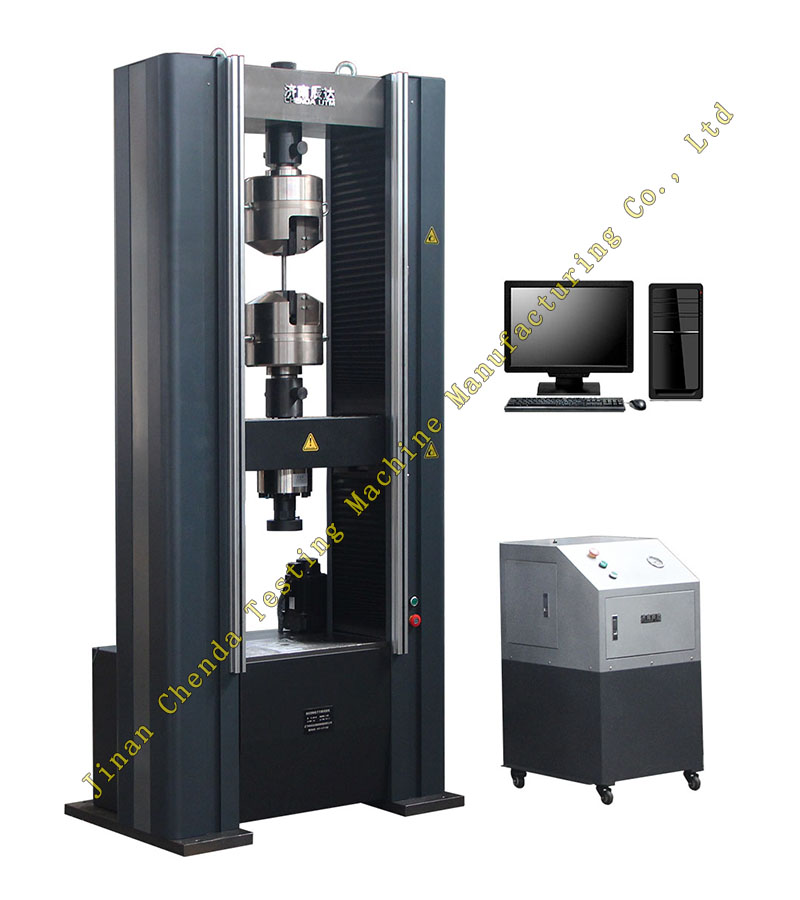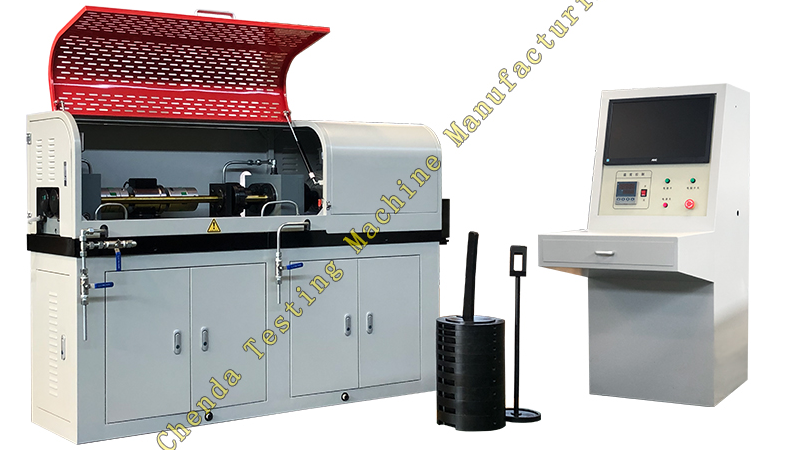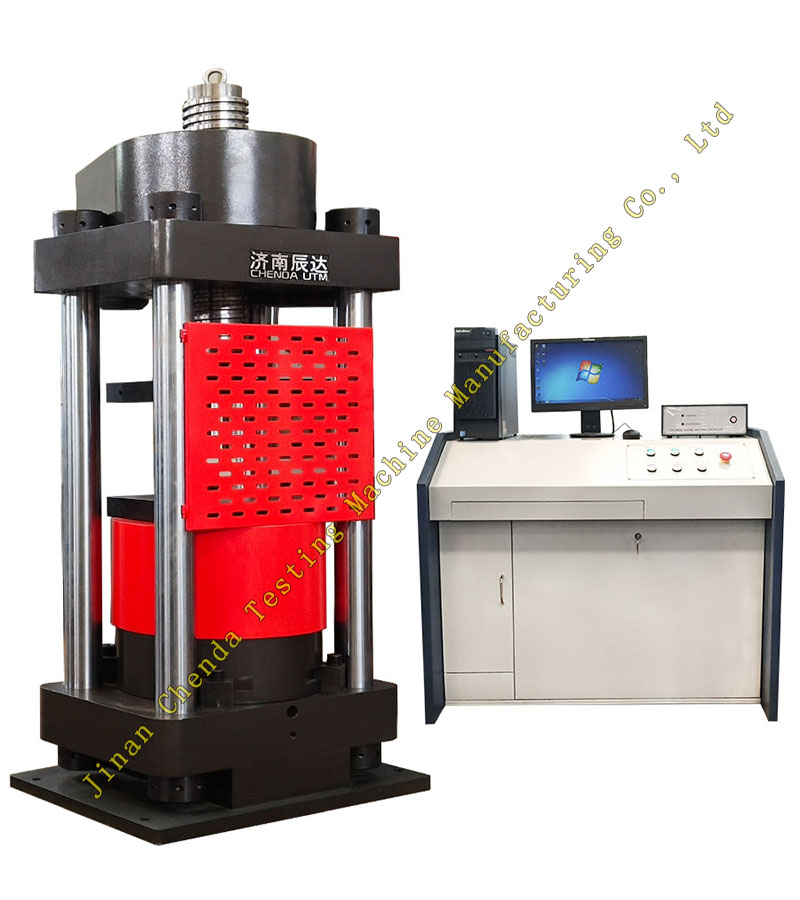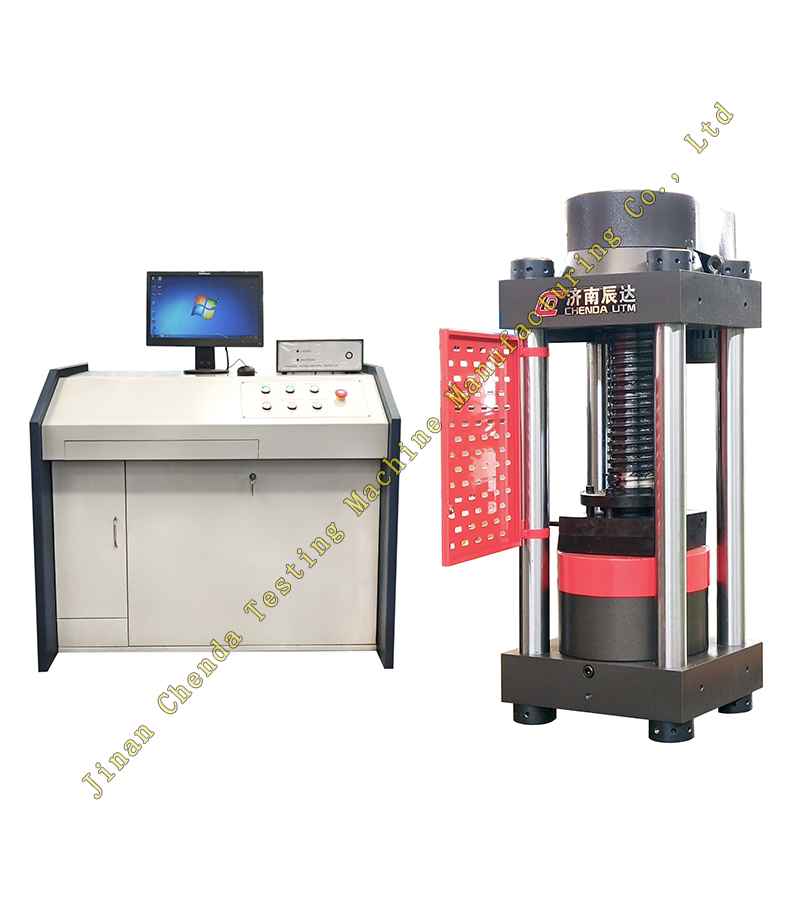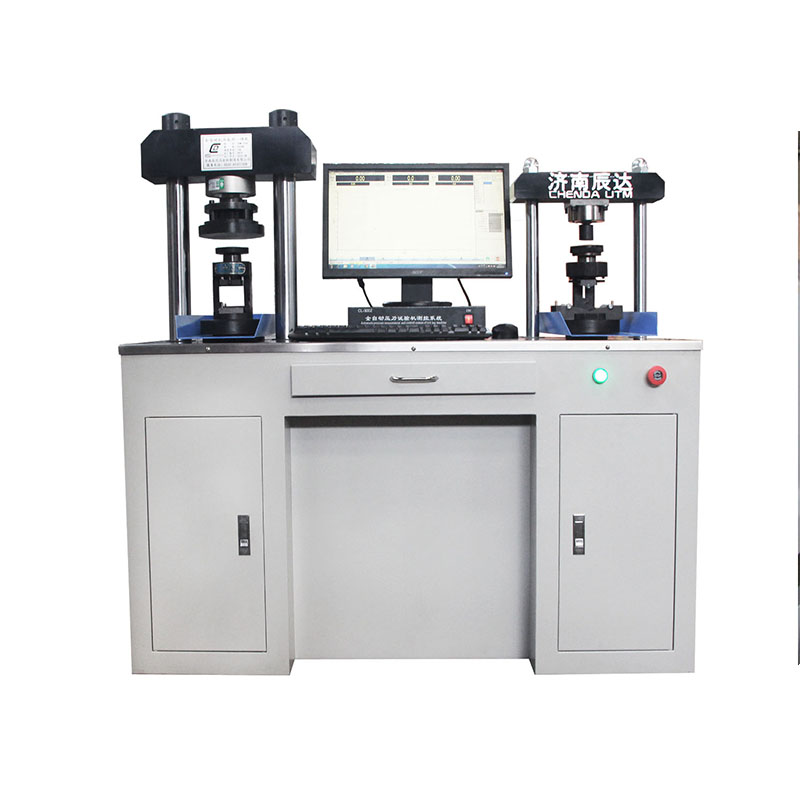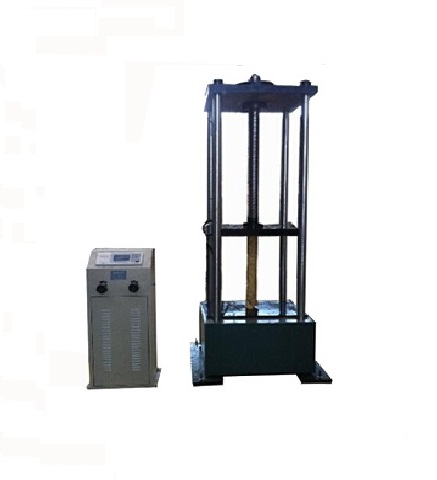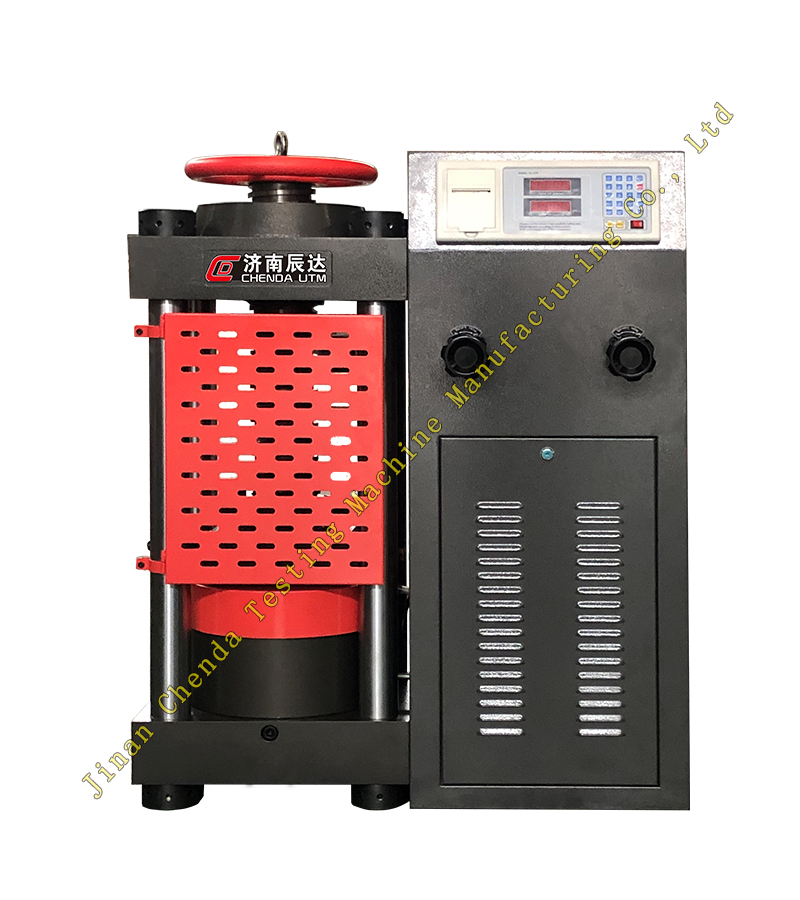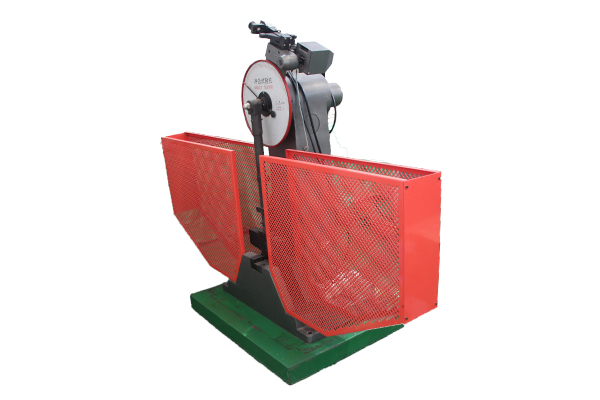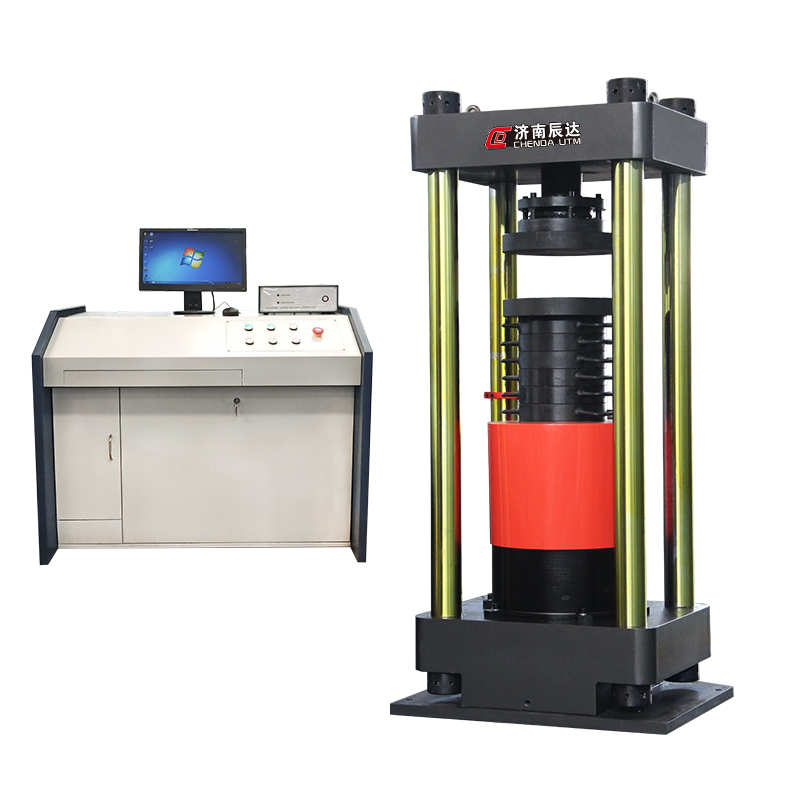
The concrete pressure testing machine is a core equipment used in the construction industry to test the compressive strength and related mechanical properties of concrete. Its function runs through the entire process from material research and development, engineering construction to quality acceptance, and is specifically reflected in the following aspects:
1、 The core tool for determining the strength grade of concrete
The only quantitative basis for determining the strength grade of concrete (such as C30, C50) is to apply axial pressure to the concrete test block (such as a 150mm × 150mm × 150mm standard cube) until the test block fails, and determine its compressive strength standard value. This data directly reflects the ability of concrete to resist loads and is the basis for evaluating the bearing capacity of structural components such as beams, columns, and floors, ensuring the safety of the main building structure.
2、 Technical support for mix design and material optimization
In the stage of concrete mix design, the pressure testing machine can test the strength of test blocks under different cement, aggregate, and admixture ratios, assisting technical personnel in optimizing the mix ratio. For example, by comparing the compressive data of test blocks with different fly ash dosages, a proportioning scheme that can ensure strength and reduce costs can be determined; Or test the compressive performance of high-performance concrete test blocks to verify whether they meet the load requirements of super high-rise buildings.
3、 Key links in construction quality control
At the construction site, the pressure testing machine samples and inspects the poured concrete test blocks to monitor the construction quality in real time. If it is found that the strength of the test block does not meet the standard, the quality of the raw materials, mixing process or curing conditions can be traced in a timely manner to avoid safety hazards such as structural cracking and collapse caused by insufficient concrete strength. For example, during winter construction, the effectiveness of anti freezing measures can be verified by testing the strength of concrete test blocks with added antifreeze agents.
4、 Basis for Engineering Acceptance and Durability Assessment
According to the "Code for Acceptance of Construction Quality of Concrete Structures" (GB 50204), the testing data of the pressure testing machine is an essential document for the completion acceptance of the project. In addition, through the compression test of long-term curing test blocks (such as 28 day and 90 day age), the late strength growth characteristics of concrete can be evaluated, providing data support for the analysis of structural durability (such as aging resistance and fatigue resistance), especially for long-term load projects such as bridges and dams.
5、 Automation and intelligence enhance detection efficiency
Modern pressure testing machines are often equipped with servo hydraulic systems and data acquisition software, which can automatically control the loading rate, record pressure deformation curves in real time, and generate detection reports. For example, the electro-hydraulic servo pressure testing machine can accurately simulate the compressive performance of concrete under seismic loads, providing dynamic data for seismic structural design, greatly improving the accuracy and efficiency of testing, and promoting the standardization and digital development of the construction industry.
